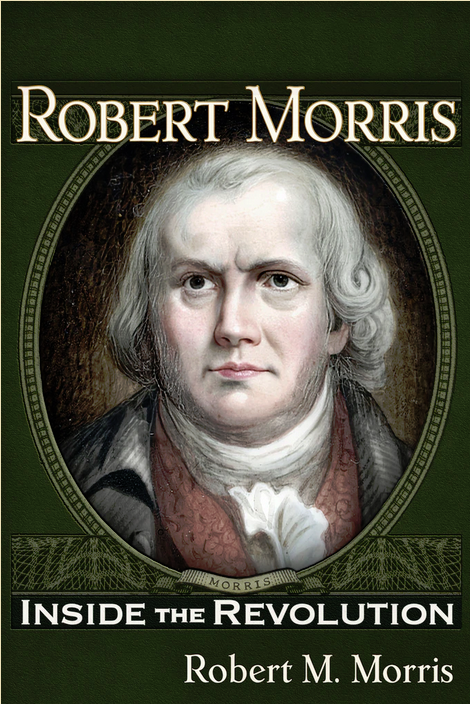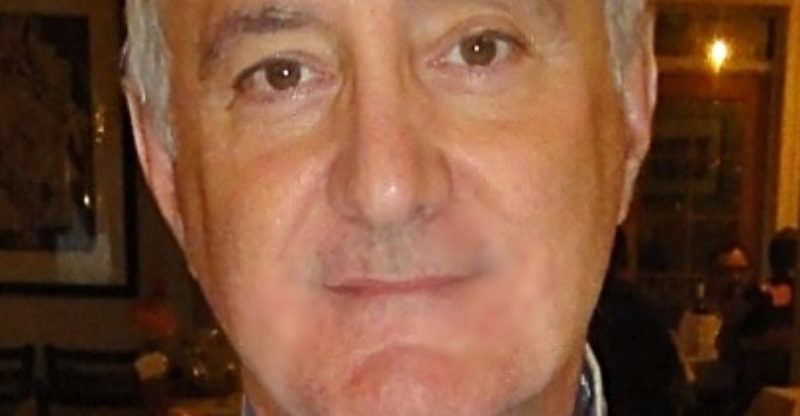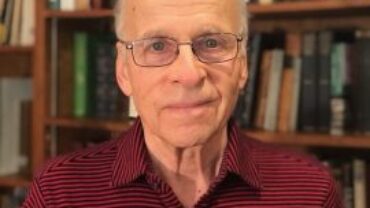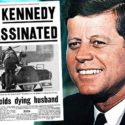The Journey 89. Robert M. Morris: Inside The American Revolution
Publisher RA “Kris” Millegan talks with Robert M. Morris his book, “Robert Morris: Inside the Revolution,” how the Revolution was funded, and what America gave to the world.
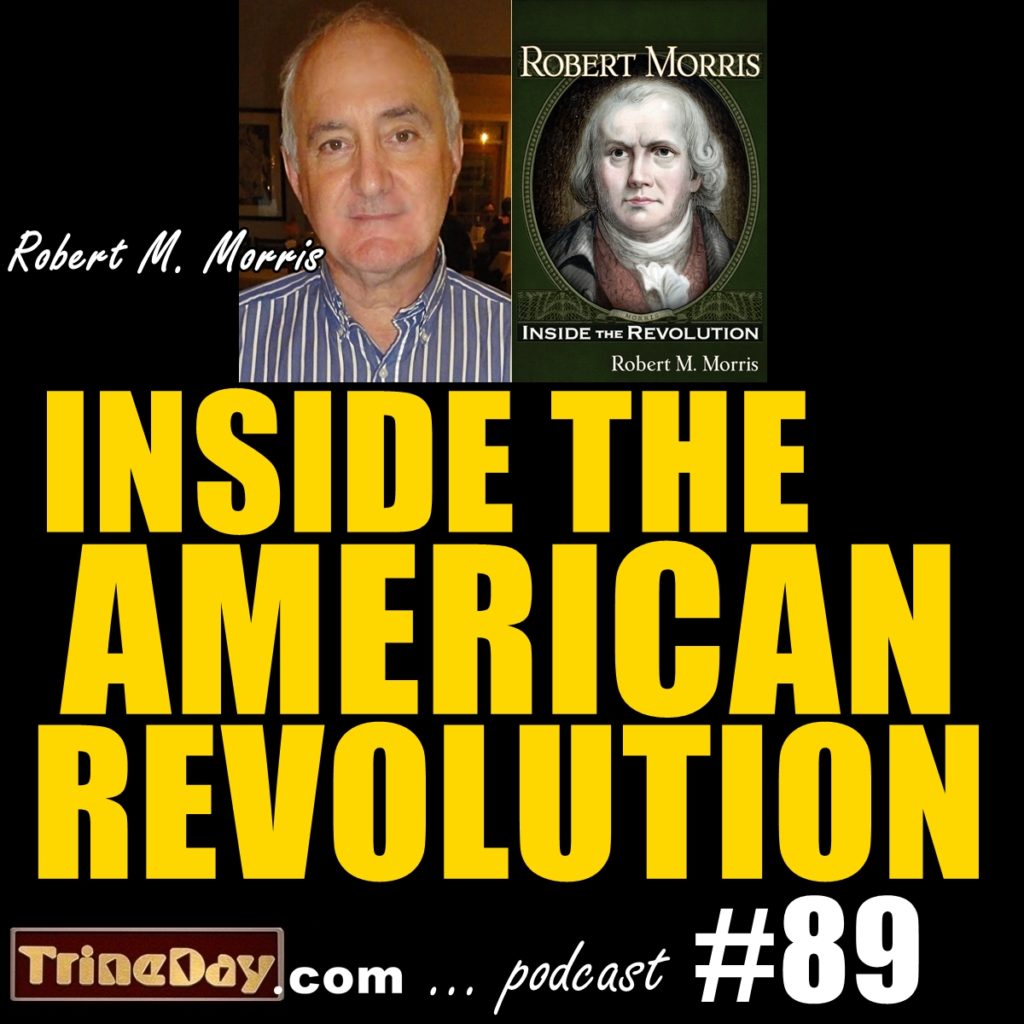
Kris: I really appreciate you writing this book, Robert, and I’m really honored to publish it.
Robert: Growing up, we always knew that he had been our ancestor and that he had been an important guy.
Kris: Robert Morris was a merchant and he is basically the guy who financed the American Revolution.
Robert: Many details have changed, but the structure of America has remained remarkably the same. You have basically the entrepreneurial class. And on the other side you’ve got the super-rich and the super-poor. And that’s the same thing that was happening during the Revolutionary War. And Robert Morris started out in the middle [entrepreneurial] class [and he] became rich with his shipping company. When he arrived as a teenager, the plutocrats, with thousand-acre farms, their families had been here for hundreds of years.
I think the most interesting thing about him was how he was so inclusive. For example, even though he was excoriated in the press by Thomas Paine, he later hired Paine to work for him. He was always trying to get help from the most able people even if they were his political opposites. When he was a representative in Pennsylvania, he passed a law to get voting rights for religious minorities. He wanted everyone to participate.
Kris: It wasn’t a casual thing for our founding fathers to say, “Hey, Mother Country, we don’t like you anymore and we’re just going to be on our own.” You had the Enlightenment, which started talking about human rights and asking, “Why are we ruled by a king?” and all these different intellectual ideas that grew up to be our republic.
You know, in England, before that, if you were born in a certain place, you had to get permission to move [and things like that]. People don’t really realize the changes in basic human life that the United States of America brought to bear.
Robert: These are freedoms that [now] we take for granted. But we have seen recently, restrictions on movement. Because people don’t know where [their rights] came from, they’re sort of easily giving things up. It’s a little scary.
Kris: Robert Morris helped to start the first bank in the United States. He was the first executive of the [Union]. He signed the Articles of Confederation. He signed the Declaration of Independence and he signed the Constitution of the United States.
Robert: The struggle he had while he was superintendent of finance during the war was trying to convince the various States that saw themselves basically as independent countries to cooperate with his central theory that we should all work together and pay for the war. And they weren’t interested in listening to him because they wanted to pay for the war in their own way. So he ended up putting up more money than all the States combined for a couple of years.
Once the war was over, the States wanted to split back into their own camps. It wasn’t until they tried to pay the debts from the war, which made everybody go bankrupt, trying to pay themselves back for their loan certificates, that they decided, “This isn’t working. We’re going to have to work through a single system.” And that’s where the tariffs came in to pay everything off.
Kris: What do you think about the war going on in Ukraine?
Robert: I think Putin has shown how decrepit his military is. What have we been spending billions of dollars for in NATO if he can’t even take over one flat country?
Kris: Look at the price of wheat. Russia and Ukraine are the largest wheat producers. I think it’s going to affect our world for quite a time.
Robert: Ukraine supplies most of the wheat for the Middle East. That’s going to be horrible. What are they going to do?
